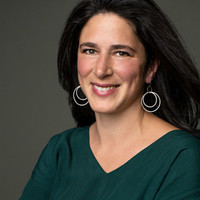Luke Mogelson is a journalist and fiction writer whose work has appeared in The New Yorker, The New York Times Magazine, and other publications. His latest feature is ”Among the Insurrectionists.”
“Get to the front and document as much as you can. ... I think my approach is much more similar to photographers than other writers. I spend a lot of time with photographers and ... I feel like I've gotten pretty good at getting myself into situations where there's few or maybe no other writers around, but there's always a bunch of photographers…. I try to get in right behind the first photographers.”
Thanks to Mailchimp for sponsoring this week's episode.










